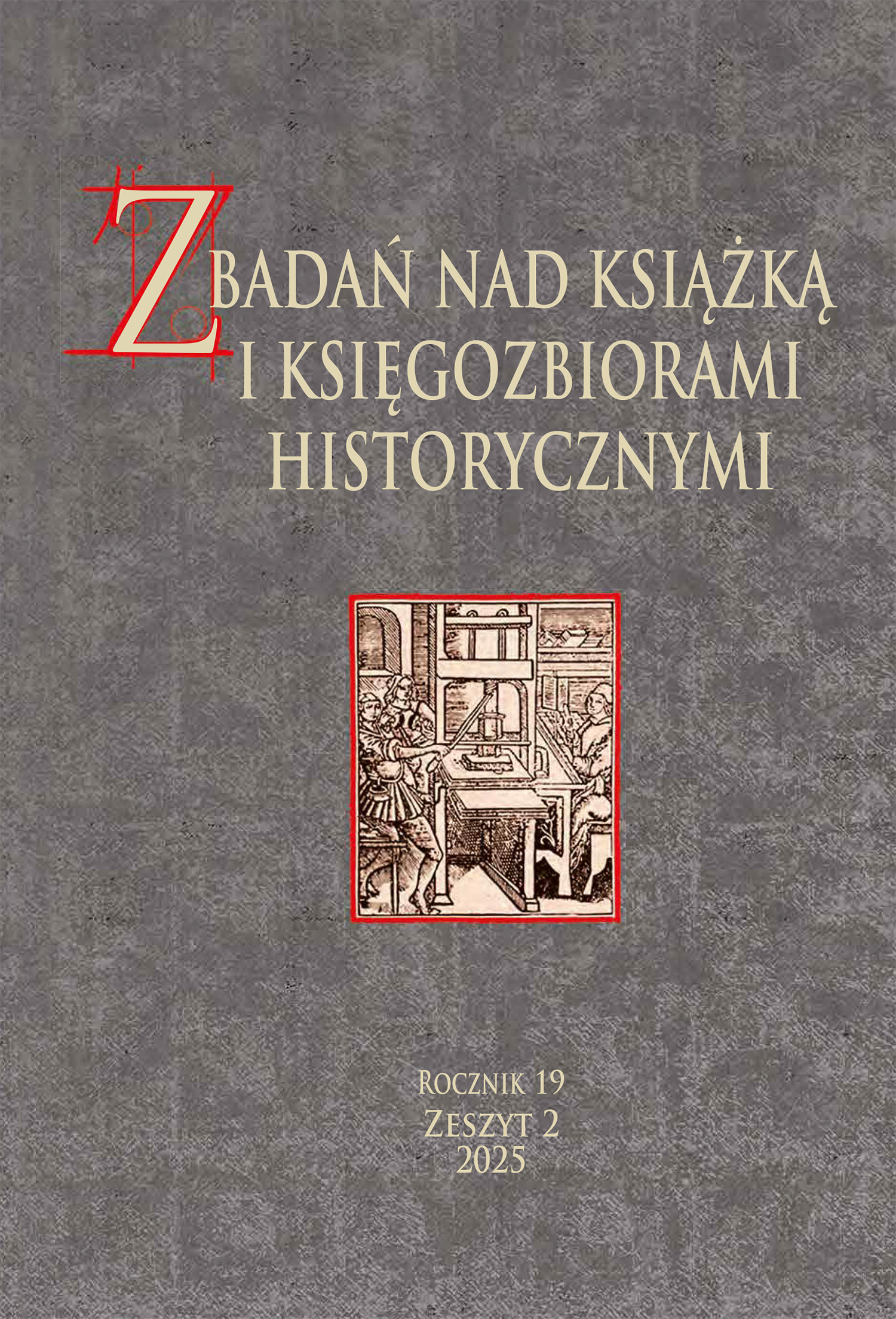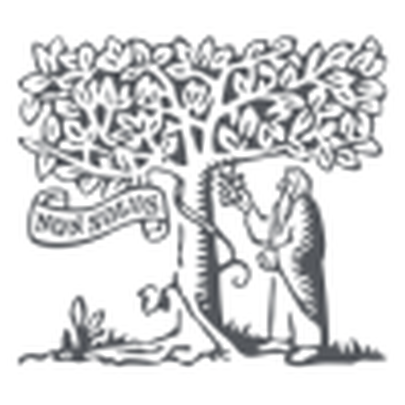Russian nineteenth-century prints in the holdings of the Warsaw University Library
DOI:
https://doi.org/10.33077/uw.25448730.zbkh.2015.139Keywords:
Warsaw University Library, Russian printed books i Polish collections, history of book collections, nineteenth-century bookAbstract
The University Library in Warsaw was established in 1817, and Samuel B. Linde, an outstanding man of learning, Slavonic philologist, and lexicographer became its fi rst director. The Library, in spite of the grave crisis caused by the political repressions after the fall of the November Uprising in 1831, when 70% of its holdings were confi scated, was not closed down and continued to function, and retains its institutional continuity until today. During its history, the Library’s affi liation changed several times. The name of the Library also underwent changes: Public Library unoffi cially linked with the University of Warsaw (1817–1834); Government Library (1834–1840); Library of the Warsaw Educational District (1840–1862); Central Library (1862–1871); Library of the Imperial University of Warsaw (1871–1915); and fi nally, since 1915, the University Library in Warsaw.
Nineteenth-century holdings of the University Library are particularly abundant and valuable. In 1999, in acknowledgment of their importance, books published between 1801–1918 were separated from the rest of the holdings and assigned the status of a special historical collection. Within this category, the Russian publications are considered of exceptional importance. They are widely deemed the specialisation of the University Library in Warsaw. In his article Z. Olczak presents the results of a preliminary research aimed at a more precise estimation of the number of Russian publications in the Library. He also discusses the development of these holdings in historical context, and proposes amendments to widespread erroneous believes in this respect.






